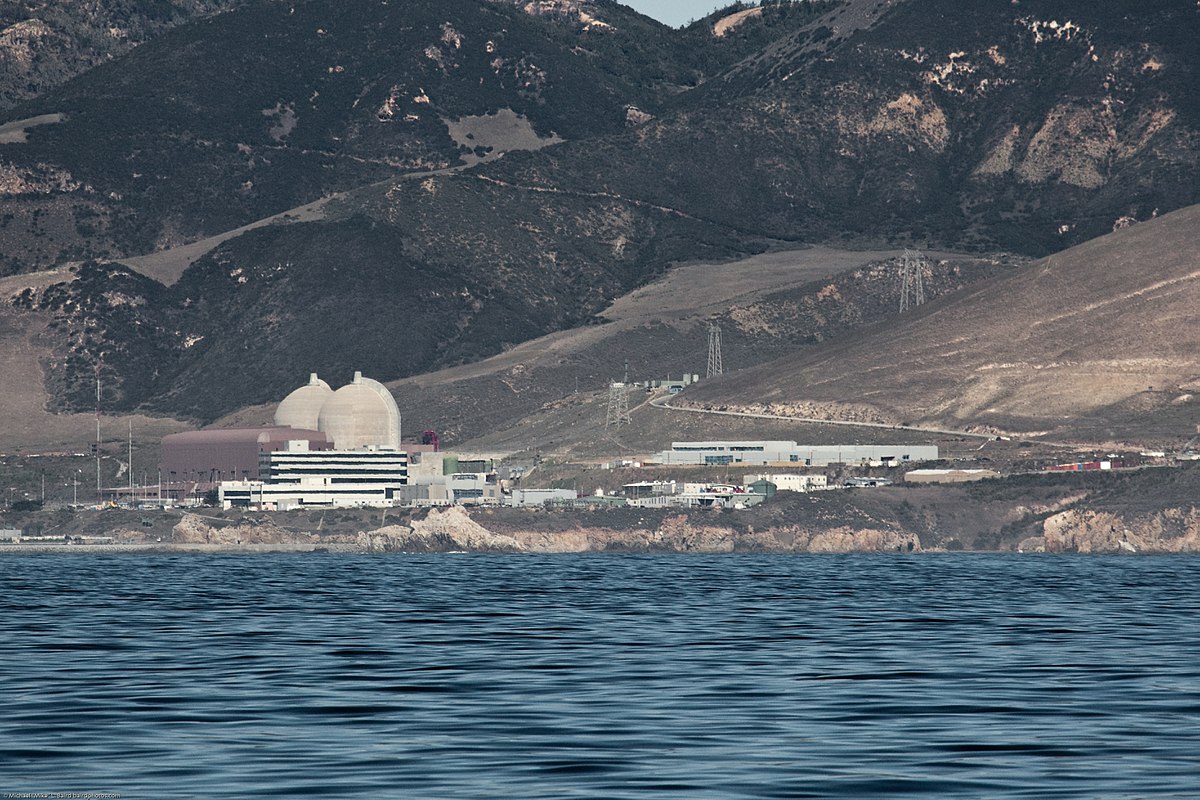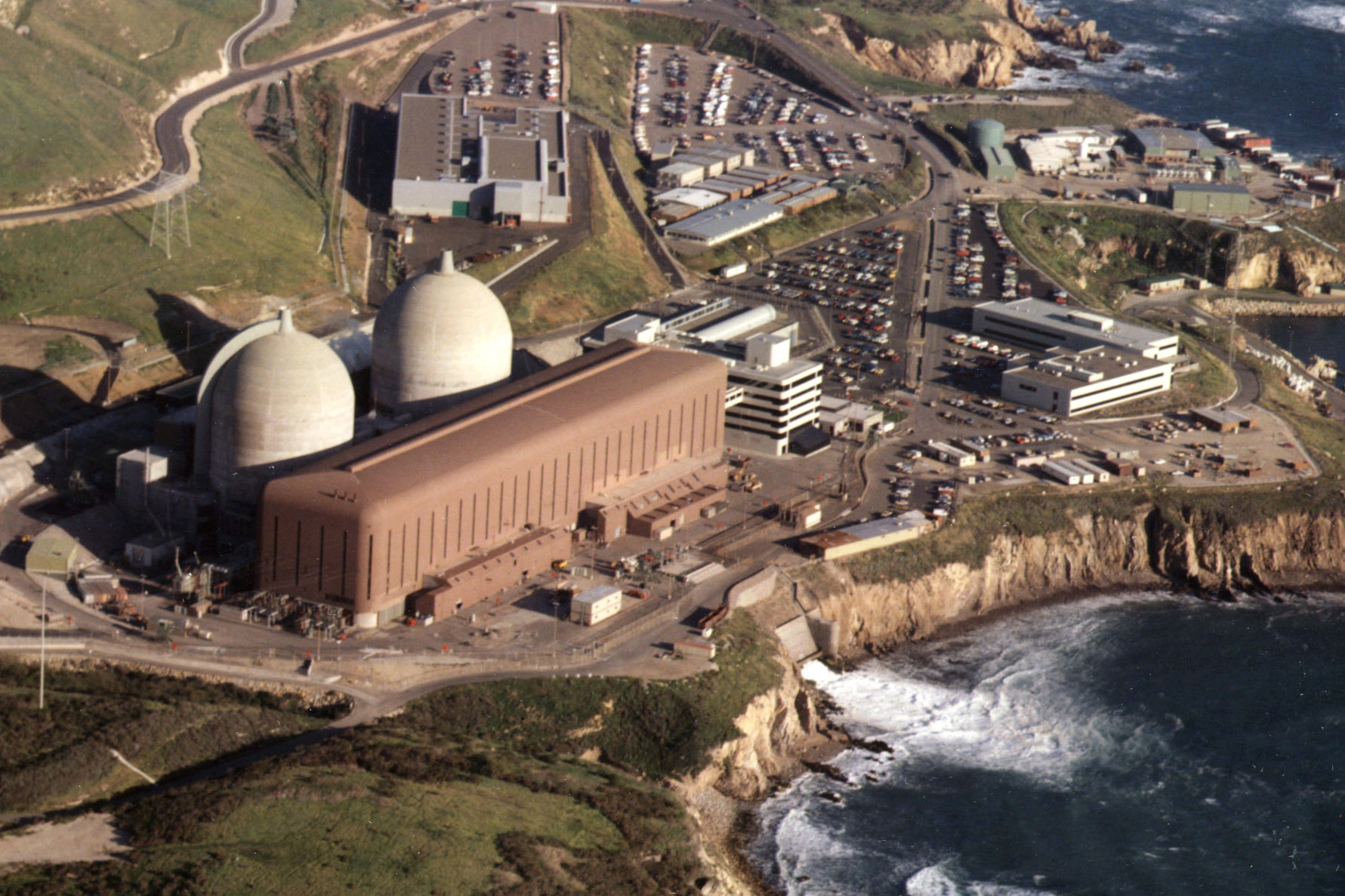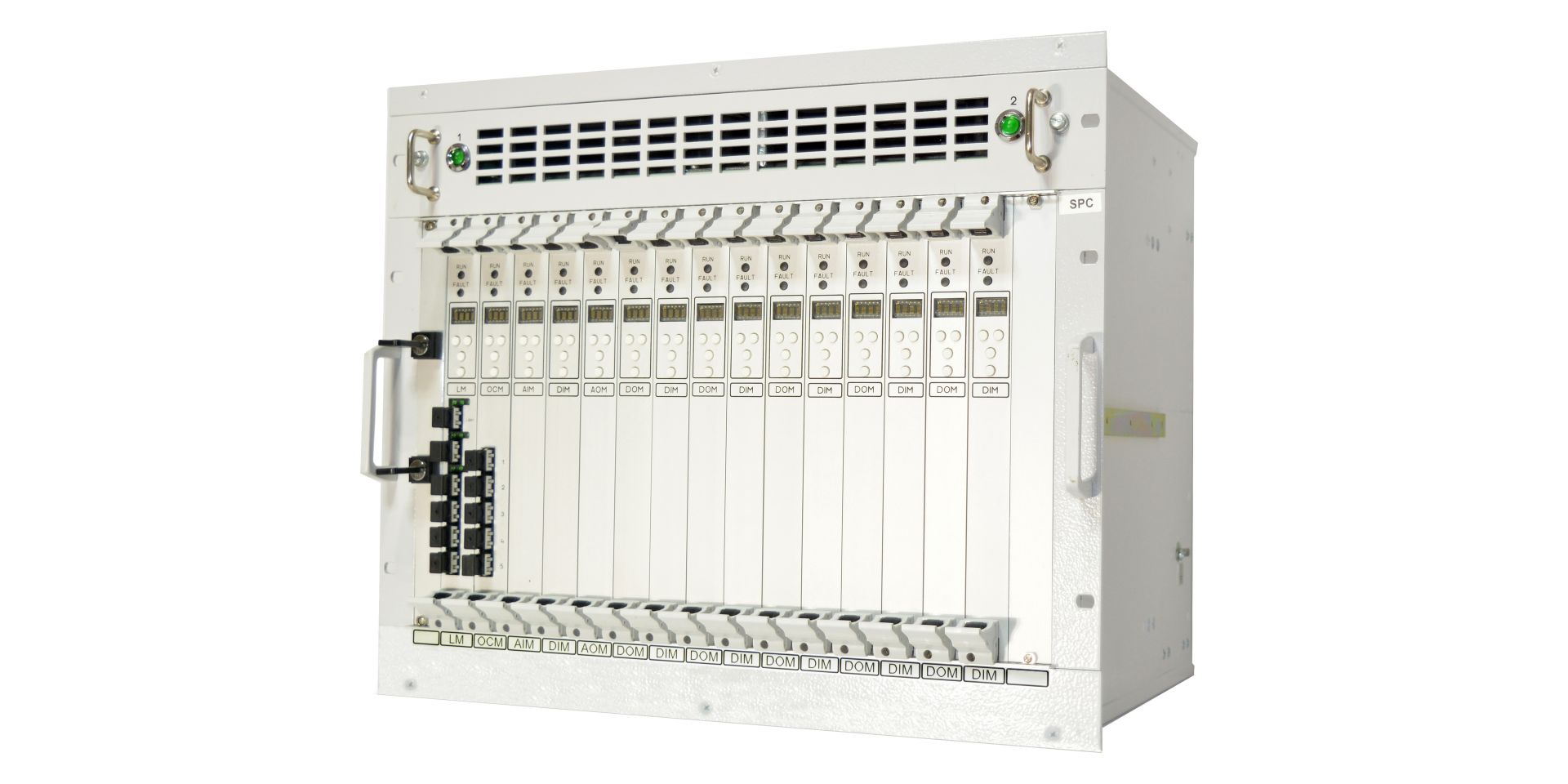Diablo Canyon license renewal slated for NRC review

The Nuclear Regulatory Commission has accepted for review Pacific Gas and Electric’s formal request to extend Diablo Canyon nuclear power plant’s operating licenses for another 20 years.


The Nuclear Regulatory Commission has accepted for review Pacific Gas and Electric’s formal request to extend Diablo Canyon nuclear power plant’s operating licenses for another 20 years.

Last April, Entergy had to close its Indian Point nuclear plant. That’s despite the plant’s being recognized as one of the best-run U.S. nuclear plants. That’s also despite its 20-year license extension process having been nearly completed, with full support from the Nuclear Regulatory Commission.
This closure was due in large part to opposition by antinuclear environmental groups. These groups also mobilized existing negative public opinion on nuclear energy to get politicians to oppose the plant’s license extension. Another factor is unfair market conditions. Nuclear energy doesn’t get due government support—unlike solar, wind, and hydro—despite delivering clean, zero-emissions energy.

As the U.S. nuclear industry moves into plant life extension and subsequent license renewals, the modernization of safety instrumentation and control (I&C) systems holds significant potential to transform plant operations. Automated system diagnostics, equipment health monitoring, and performance indications reduce the need for manual surveillance activities and enable condition-based maintenance, resulting in improved system reliability and reduced maintenance costs. Despite these benefits, adoption of digital I&C systems for safety-related applications across the domestic nuclear fleet has been slow. U.S. nuclear power plants that do choose to embrace the transition from analog to digital are in good company; international plants have successfully implemented digital safety systems for more than a decade. Furthermore, digital safety systems are also the first choice of the growing small modular reactor (SMR) and advanced reactor (AR) communities.